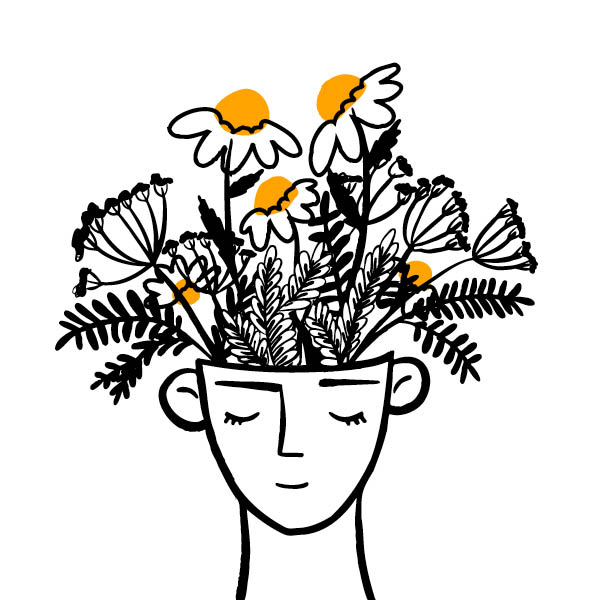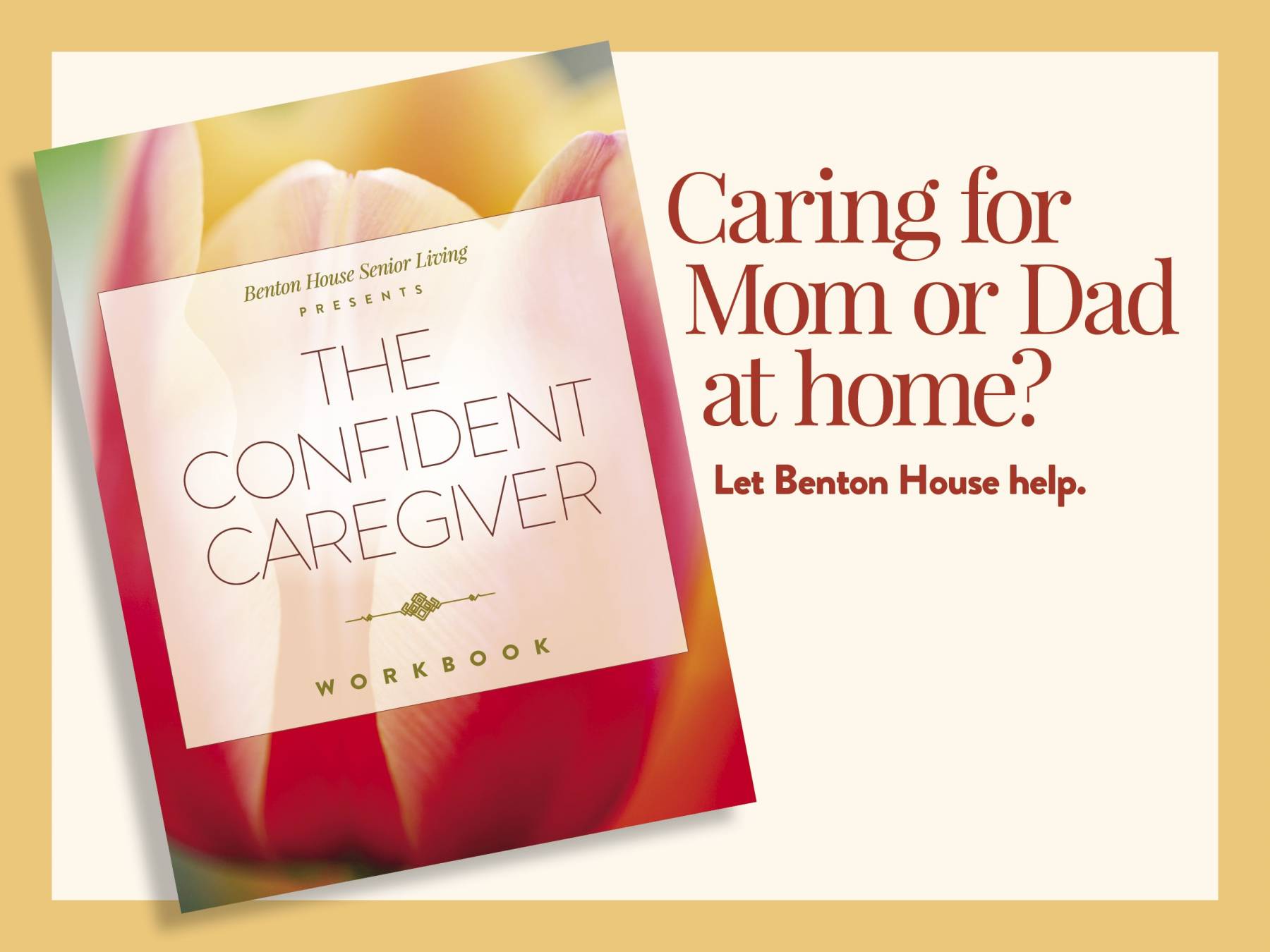In the tapestry of life, our golden years are meant to be woven with threads of contentment, fulfillment, and peace. However, for many seniors, the journey into aging is accompanied by unique challenges, particularly in the realm of mental health. As we delve into the intricacies of senior mental well-being, it becomes evident that fostering a supportive environment is crucial for enabling our elders to flourish in their later years.
Understanding the Landscape:
Aging brings about a multitude of changes, both physiological and psychological. According to the World Health Organization (WHO), around 15% of adults aged 60 and over suffer from a mental disorder. Depression and anxiety are among the most prevalent mental health issues faced by seniors, often exacerbated by factors such as social isolation, chronic illness, cognitive decline, and loss of independence.
The Impact of Social Isolation:
One of the most profound challenges faced by seniors is social isolation, which can have detrimental effects on mental health. A study published in the Journal of Aging and Health highlighted the link between loneliness and poor mental well-being among older adults. Social isolation not only contributes to feelings of loneliness but also increases the risk of depression and cognitive decline.
Navigating Chronic Illness:
Chronic illnesses such as diabetes, arthritis, and cardiovascular disease are common companions in the journey of aging. These conditions not only pose physical challenges but also take a toll on mental health. The American Psychological Association emphasizes the importance of addressing the psychological aspects of chronic illness in seniors to enhance overall well-being.
Preserving Cognitive Vitality:
Cognitive decline, including conditions like dementia and Alzheimer’s disease, is a significant concern for aging individuals. Research published in the Journal of Alzheimer’s Disease suggests that engaging in mentally stimulating activities, maintaining social connections, and adopting a healthy lifestyle can help preserve cognitive function in seniors.
Building Resilience:
While seniors face a myriad of challenges, resilience remains a powerful asset in navigating the ups and downs of aging. Studies cited by the National Institute on Aging emphasize the role of resilience in promoting mental well-being among older adults, highlighting the importance of adaptive coping strategies and social support networks.
Creating Supportive Environments:
In light of these challenges, it is imperative to create supportive environments that prioritize the mental health of seniors. This involves implementing policies and programs that promote social inclusion, access to mental health services, and community engagement initiatives tailored to the needs of older adults.
May is Mental Health Month:
As we observe Mental Health Month in May, it serves as a poignant reminder of the importance of prioritizing mental well-being at every stage of life. This year’s theme, “Tools 2 Thrive,” underscores the significance of equipping individuals with the resources and strategies needed to cope with life’s challenges, including seniors facing the complexities of aging.
Conclusion:
As we reflect on the complexities of aging, it becomes evident that nurturing senior mental health is not only a moral imperative but also a fundamental aspect of promoting well-being across the lifespan. By fostering social connections, addressing the psychological impact of chronic illness, and cultivating resilience, we can pave the way for our elders to embrace their later years with dignity, purpose, and vitality.
Next Steps
You can always get compassionate, tailored support from us in one of these three easy ways — all completely free.
Visit our support page to request your complimentary Caregiver Workbook.
Call our Caregiver Hotline for free custom support at 855-461-2552. All questions welcome.
Send us a message describing how we can support you. Choose whether you’d like us to reach out: text, email, or snail mail.
There is no charge for these services. They’re simply an extension of our mission to help every family who calls.
Sources:
-
World Health Organization. (n.d.). Mental health of older adults. Retrieved from https://www.who.int/news-room/fact-sheets/detail/mental-health-of-older-adults
-
Holt-Lunstad, J., Smith, T. B., Baker, M., Harris, T., & Stephenson, D. (2015). Loneliness and social isolation as risk factors for mortality: A meta-analytic review. Perspectives on Psychological Science, 10(2), 227–237.
-
American Psychological Association. (n.d.). Aging and chronic diseases. Retrieved from https://www.apa.org/pi/aging/resources/guides/chronic-diseases
-
Vemuri, P., Lesnick, T. G., Przybelski, S. A., Knopman, D. S., Machulda, M., Lowe, V. J., . . . Jack Jr, C. R. (2014). Effect of lifestyle activities on Alzheimer disease biomarkers and cognition. Journal of Alzheimer’s Disease, 20(2), 363–372.
-
National Institute on Aging. (n.d.). Resilience in aging. Retrieved from https://www.nia.nih.gov/news/resilience-aging-0



